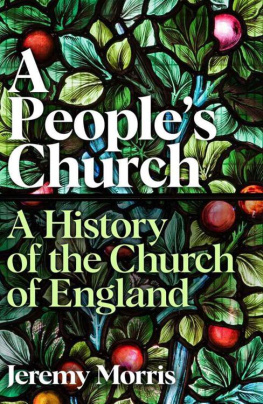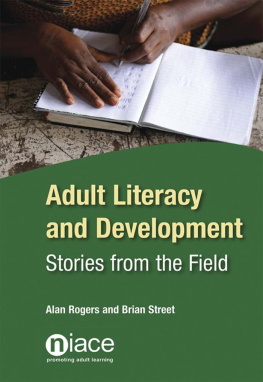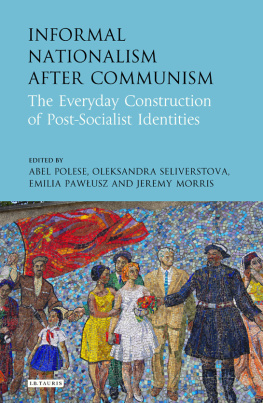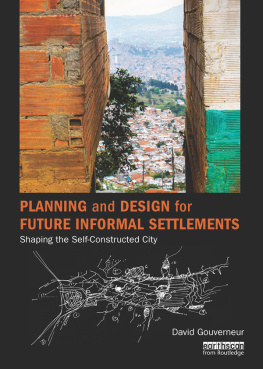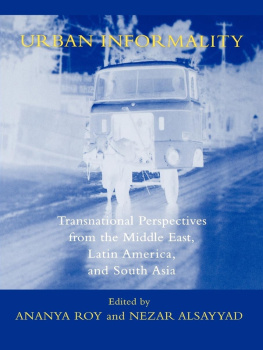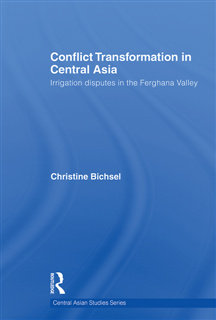This book brings together an interesting set of contributions on the important theme of informality, ranging from cross-border petty trading to informal blue-collar moonlighting, employment and entrepreneurship. The editors stimulate a timely discussion about the nature of informality and encourage readers to think laterally and broadly about the relationship between informality and the formal structures of power and economy.
Sally Nikoline Cummings, University of St Andrews, UK
This book is essential reading not only for those who seek a nuanced understanding of the nature of informal economic practices but also those interested in acquiring a deeper appreciation of this most fascinating of regions, the world that abandoned communism, often without implementing a sustainable alternative. Illuminating and frequently surprising, even for those intimate with the region, this superb collection is destined to become the standard work for those intrigued by these vital economic practices that lie just beneath the surface or out of public view throughout the post-communist world.
Donnacha Beachin, Dublin City University, Ireland
From illicit taxi drivers in Slovakia to herb traders in Azerbaijan, the diverse and rich ethnographic case studies in this volume provide a vivid and colourful analysis of informal practices and transactions in the post-socialist space. The Informal Post-Socialist Economy makes an important contribution to our conceptual understanding of informal practices. Rather than viewing informality as marginal, transitional and lurking in the shadows, in this volume Jeremy Morris and Abel Polese adopt a post-structural approach and have brought together cases studies that finesse a more nuanced understanding of informality. This is achieved by studying informal economic practices through the lens of the socially embedded everyday lived experience of people's lives. In doing so, it achieves a shift in our normative understanding of the nature of informal practices and also challenges the perceived binary between formal and informal economies. The significant in-field experience and interdisciplinary nature of the volume's contributions give the ethnographic case studies great depth, which acts to highlight the tension within informal economic practices between a capitalist individualist logic and a logic of mutuality and reciprocity. This probing and fascinating book will be of great interest to a broad range of scholars and students interested in the economy and politics of post-Socialist states.
Rico Isaacs, Oxford Brookes University, UK
This edited volume is an excellent contribution to our understanding of informality in the context of post-socialist economies. With rich empirical evidence gathered from a vast geography stretching between Central Asia and Eastern Europe, the authors reveal an untold story of capitalist transformation. In their anthropological and ethnographic research, the human condition takes the central place, not frequently misrepresented economic growth figures and business statistics. We read about tragedies and disappointments, as well as hopes of new entrepreneurs within capitalist market developments, all of whom strive to have a small stake in the winners' world. Informal Post-Socialist Economy is a very valuable source for scholars and practitioners.
Gl Berna zcan, Royal Holloway, University of London, UK
This book has long been overdue because its authors analyse informal economic practices beyond a normative moral perspective by choosing composite informants to make clear that these practices are also highly politicized. An innovative and inspiring form to present ethnographic data!
Bettina Bruns, Leipzig Institute for Regional Geography, Germany
This book assembles an impressive number of case studies on informal economic practices related to employment and work in post-socialist countries. Mainly following a socio-anthropological approach, they provide deep insights into everyday life in these societies. Even more importantly, they offer many (often implicit) challenges to conventional wisdom on post-socialist transition and informality. The book can, thus, be of special value to open-minded social scientists.
Heiko Pleines, Research Centre for East European Studies at the University of Bremen, Germany
This is the first book that really brings out the interface between those two levels and shows how, without the former, we cannot understand the latter. Not only that, it also demonstrates the relevance of informal transactions in post-socialist spaces. It also offers a hands-on overview on how informal mechanisms operate, providing the reader with an understanding of how embedded and important these transactions are, both at the micro and macro levels in post-socialist societies.
Gaudenz Assenza, Director, University for the Future Initiative, Slovakia
This book, edited by Morris and Polese, is a highly successful effort to shed light on an important aspect of post-socialist economies, the informal economy, which influences all spheres of life, from electoral politics to cultural transformations. The ethnographic approach taken in this book, which focuses on individual life stories within a wider context of informal economy, allows the editors to reveal a unique and refreshing perspective on this vital aspect of post-socialist transition.
Mikayel Zolyan, V. Brusov Yerevan State Linguistic University, Armenia
This book is a deep exploration into the nature and diversity of informal economies. The editors have put together contributions from authors with a deep experience in the field, thereby allowing them to go well-beyond normative approaches by engaging with a variety of case studies. They not only demonstrate how little the phenomenon has been explored, especially in post-socialism, but they also, and equally importantly, show how wide informal economies underpin the structure of a society and that informality cannot be circumscribed to the weak or the poor but is a reality affecting the life of all segments a society.
Cui Shoujun, Renmin University of China
This book is a most comprehensive attempt to describe how informality works, its causes and its effects. It provides an interesting account on how things are getting done and on the never-ending competition between a state and its citizens. I am confident it will be of use not only to scholars but also to practitioners and anyone interested in public and social policy.
Han Kurbanov, Turkmen Academy of Science, Turkmenistan
The Informal Post-Socialist Economy
From smugglers to entrepreneurs, blue-collar workers and taxi drivers, this book deals with the multitude of characters engaged in informal economic practices in the former socialist regions. Going beyond a conception of informality as opposed to the formal sector, its authors demonstrate the fluid nature of informal transactions straddling the crossroads between illegal, illicit, socially acceptable and symbolically meaningful practices. Their argument is informed by a wide range of case studies, from Central Europe to the Baltics and Central Asia, each of which is constructed around a single informant. Each chapter narrates the story of a composite person or household that was carefully selected or constructed by an author with long-standing ethnographic research experience in the given field site.
Wide in geographical, empirical and theoretical scope, the book uses ethnographic narrative accounts of everyday life to make links between ordinary meanings of informality. Challenging reductively economistic perspectives on cross-border trading, undeclared work and other informal activities, the authors illustrate the wide variety of interpretive meanings that people ascribe to such practices. Alongside getting by and getting ahead in recently marketised societies, these meanings relate to sociality, kinship ties and solidarity, along with more surprising political and moral reasonings.


